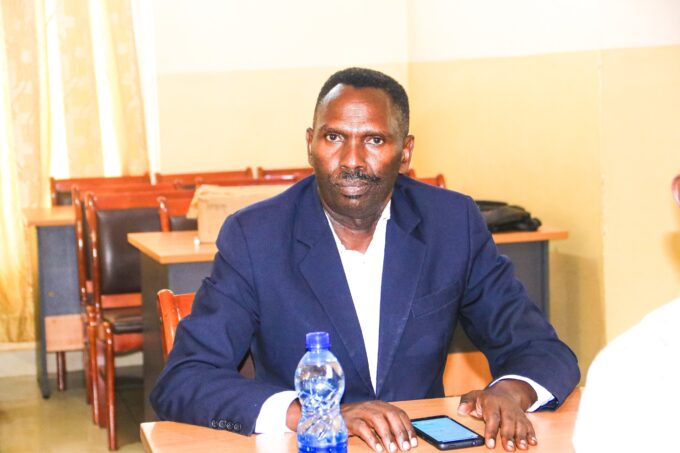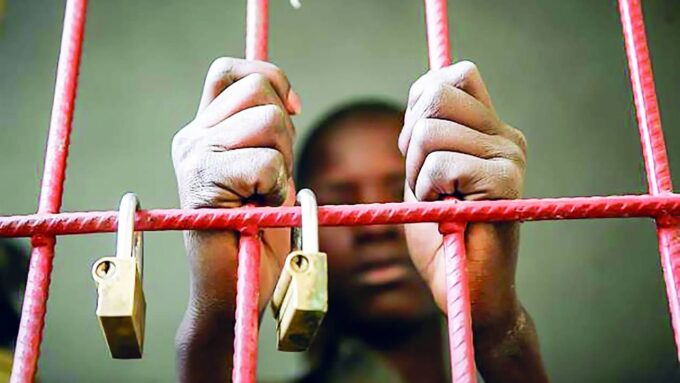As the world marked the International Day Against Child Labour this Thursday, local civil society organizations advocating for children’s rights raised the alarm over worsening forms of child exploitation in Burundi, calling for urgent action to safeguard children’s rights
Despite the existence of national laws that prohibit child labour and aim to protect minors, the organizations say children across Burundi continue to be subjected to dangerous and exploitative work, often at the expense of their education and well-being.
In a statement issued earlier on Thursday, the National Observatory for the Fight Against Transnational Crime (ONLCT Où est ton frère?) described child labour as a grim reality in Burundi. The organization said that many Burundian children are victims of both sexual and economic exploitation, often through forced labour in domestic settings.
“Numerous children — especially young girls working as housemaids and boys engaged in domestic work — are trapped in forced labour. This form of exploitation is widespread and deeply concerning,” ONLCT said.
The group also cited other harsh forms of child labour, including work in mines, riverbeds, and brickyards, as well as street vending and work in bars and restaurants. These children often sell items like eggs, peanuts, doughnuts, brochettes, fruits, and vegetables — many of them having dropped out of school due to poverty.
The concerns were echoed by the National Federation of Child-Focused Associations in Burundi (FENADEB), which also released a statement condemning the exploitation of children in violation of existing legal protections.
According to Burundi’s labour code, children under 16 are not allowed to work in enterprises unless the tasks are light, safe, and non-disruptive to their schooling or development. Even then, the minimum age for such apprenticeship work is 14. But civil society groups say these laws are increasingly ignored or loosely enforced.
“Child labour is becoming more tolerated within Burundian communities,” FENADEB warned. “This growing acceptance is largely driven by the economic vulnerability of families, which pushes children into early labour to help meet household needs — often at the cost of their right to education and a safe childhood.”
Both ONLCT and FENADEB urge stakeholders — from government institutions to non-governmental organizations — to take more aggressive action against child labour. They call for increased public awareness campaigns and stronger enforcement of child protection laws.
“FENADEB recommends continued education and awareness efforts targeting the population to protect children and combat child labour in all its forms,” the federation said. ONLCT also demanded that alleged perpetrators of child exploitation be held accountable and punished under the law.








Leave a comment